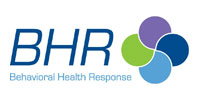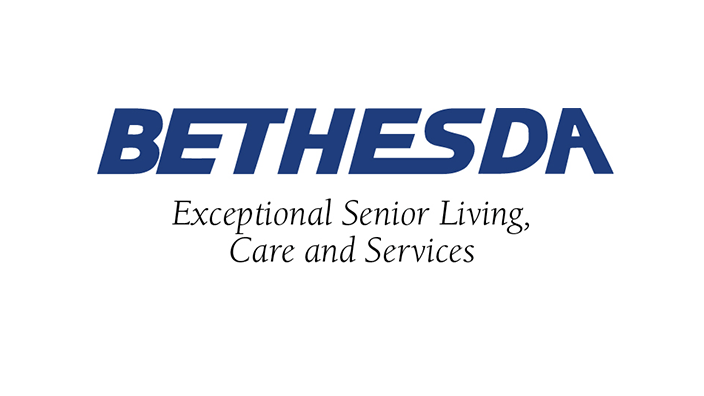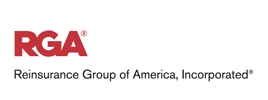
by Nancy Schnoebelen Imbs
Published by ASAP
When we are the recipients of an act of kindness, we feel good, we feel happy. Kindness can be a simple, thoughtful gesture that leaves us with a positive feeling. Whether it’s buying someone a cup of coffee, going out of our way to hold the elevator door open for the person heading our way, paying a compliment to a co-worker for the way he/she led the meeting, or whatever the act, it’s a powerful deed that moves us to feel valued, respected and happy.
Now think for a moment when you extended kindness to someone else. Perhaps you celebrated a co-worker’s birthday by decorating his/her office or maybe you baked cookies for your co-workers to enjoy. Whatever the act, chances are you felt good. It “warmed your” heart to do something nice.
Studies say when we show kindness to others, it boosts our serotonin, the neurotransmitter responsible for feelings of satisfaction and well-being, which make us feel good. Kindness is powerful. It breeds happiness, which in turn breeds success.
“Kindness is a language which the deaf can hear and the blind can see.”
~ Mark Twain
Kindness has no limits. No matter your title, industry sector, age, or gender, kindness has the power to bring benefits to you and others. Kindness helps improve your professionalism and relationships. Individuals who exhibit kindness on a regular basis tend to have better working relationships with co-workers and their boss.
When our kind actions affect others, we also feel more confident, worthy, compassionate and in control. People who are kind are more likely to advance in their careers than those who just focus on themselves.
Unfortunately, as the pace of life quickens, so does our stress. Fortunately, we have the power to take a step back and use our self-regulation skills to help us from overreacting and saying or doing things we regret. By keeping kindness in your soft skill toolbox, you will, undoubtedly, navigate your actions in a compassionate, respectful way.
Everyone can improve their behavior. Kindness is a win-win and has lasting value. Follow these five strategies to foster a work culture that’s steeped in kindness to improve job happiness, productivity and health.
It Begins with You
Show you care for your fellow co-workers by investing time getting to know them. What are their interests, hobbies? When you show interest in others you will feel more socially connected and so will your co-workers. You’ll develop a bond that will yield trust, loyalty, warmth, and teamwork.
Support Others
Life is full of surprises, some good, some not so good. Congratulating a co-worker when he/she experiences a joyous event is not only the right thing to do, it also will enrich your relationship. The same support holds true if your co-worker is going through a tough time. Kindness can be the pick-me-up they need, and they will feel ever so grateful for your support.
No Judging, No Blaming
Kindness does not judge or blame. To err is human and we all make mistakes. Practice empathy and the art of forgiving. Your character and integrity will shine for doing so.
Inspire Others
Kindness is contagious and can inspire others to follow in your footsteps. Take the kindness lead and be a source for others. You’ll be surprised how your thoughtfulness will empower others to do the same.
Engage in the Golden Rule
If you treat others the way you want to be treated – with respect, trust, kindness, and gratitude – you’ll set the gold standard and be a role model for others. This behavior of excellence is not only good for your health, it often leads to career advancement.
Practice Kindness
Sometimes we can feel overwhelmed with an overloaded work plate, and kindness may be put away in our mental file cabinet as we grind out the work. Being self-aware of our emotions will help offset the stress, which will allow us to be more mindful of our behavior. We can still focus on our work, but our self-awareness tells us to do so with patience and kindness toward others.










































































































